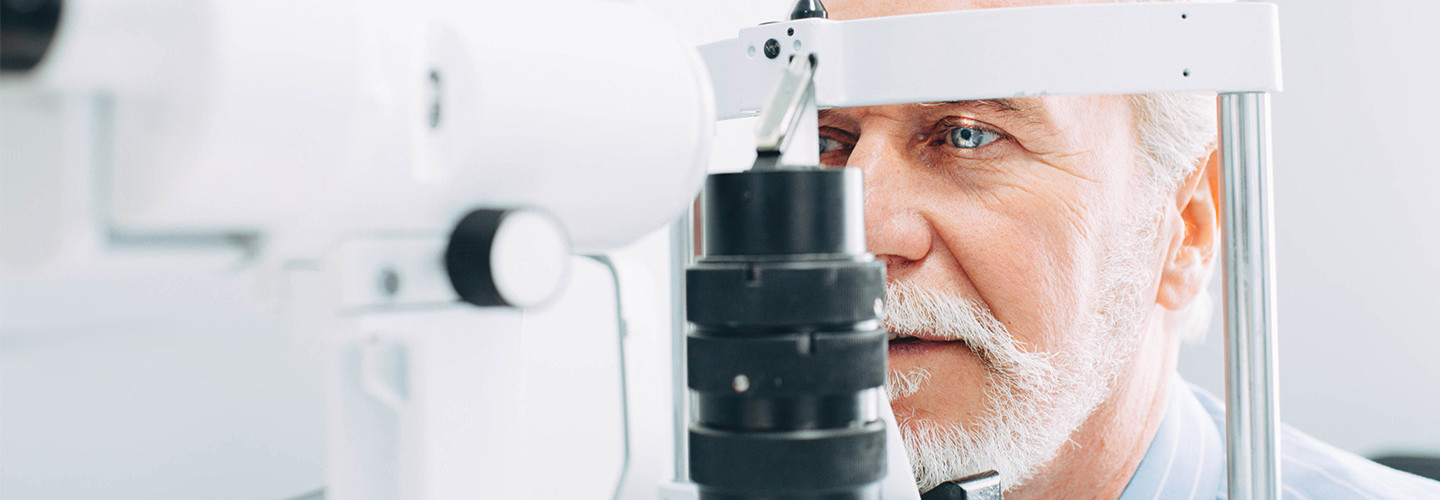All Categories
Featured
Table of Contents

Regular eye examinations are necessary for preserving great vision and finding potential eye health and wellness problems early. The regularity of these tests can vary significantly based on an individual's age, lifestyle, and total health. Understanding the recommended timetable for eye examinations can assist guarantee that people of every ages obtain ideal treatment and monitoring for their eye health and wellness.
Newborns and Toddlers (0-2 Years)
For babies and kids, eye exams are vital for finding any type of prospective vision troubles early on. The American Academy of Ophthalmology recommends that a youngster's initial eye examination should happen at around 6 months of age. Throughout this first see, the eye care professional will evaluate the youngster's aesthetic growth and look for any evident eye issues.Following this first exam, it is recommended that youngsters have another eye examination at age three. This visit will certainly concentrate on assessing the child's overall visual feature, including eye alignment and the capability to track objects. If no issues are discovered, the next test needs to be set up before the kid starts college, generally around age five or six.
School-Aged Children (6-18 Years)
Normal eye exams ought to be set up every one to 2 years as soon as children reach institution age. Vision is critical for discovering and growth, and numerous colleges perform vision screenings. Nevertheless, these screenings do not replace a detailed eye exam by an eye care professional.For kids associated with sporting activities or tasks calling for considerable visual emphasis, annual eye examinations might be a good idea. In addition, if a youngster shows indications of vision troubles-- such as trouble reading, scrunching up your eyes, or regular headaches-- a browse through to the eye physician should be set up asap.
Young Person (19-39 Years)
Young grownups generally have less vision modifications than older age groups, yet routine eye exams remain crucial. The basic suggestion is to schedule an eye examination every two years throughout this period. Individuals with certain danger factors-- such as a household history of eye disease, diabetic issues, or those that put on get in touch with lenses-- must think about annual eye tests.In addition, those that spend significant time on electronic tools may experience digital eye pressure. If signs and symptoms such as dry skin, tiredness, or blurred vision take place, it may be a good idea to see an eye treatment expert quicker.
Adults (40-64 Years)
As people get in center age, the possibility of developing vision troubles rises. Grownups aged 40 to 64 ought to schedule eye exams every one to 2 years. This age might start to experience presbyopia, an all-natural age-related condition that makes it challenging to concentrate on close items. Eye tests can likewise help spot various other typical age-related problems such as glaucoma, cataracts, and macular degeneration.If individuals in this age group have danger variables like hypertension or diabetes, they may call for more regular evaluations to monitor their eye health and wellness very closely.
Senior Citizens (65 Years and Older)
For senior citizens, normal eye tests come to be also more essential. The American Optometric Organization advises that individuals matured 65 and older have an eye test at the very least once a year.Conclusion.
Comprehending the ideal timetable for eye tests based on age is crucial for keeping optimal eye health and wellness throughout life. By sticking to these standards and seeking advice from with an eye care specialist, people can take positive steps toward protecting their vision and overall health and wellness.Table of Contents
Latest Posts
The Boogaloo Sports Bar & Grill at FunCity Resort Resort: Where Enjoyable Satisfies Taste
Published en
2 min read
Leading Patterns in Personalized Furnishings Layout for 2025
Published en
0 min read
An Extravagant Escape: The Claridge Indoor Pool
Published en
1 min read
More
Latest Posts
The Boogaloo Sports Bar & Grill at FunCity Resort Resort: Where Enjoyable Satisfies Taste
Published Feb 11, 25
2 min read
Leading Patterns in Personalized Furnishings Layout for 2025
Published Jan 27, 25
0 min read
An Extravagant Escape: The Claridge Indoor Pool
Published Jan 27, 25
1 min read